URLs provide another way of giving search engines (and people) a better understanding of what your pages are about.
- Include a few important keywords in your URLs
Help your visitors see that the pages they are on are really what they’re looking for.
Give search engines one more indication of what your page is about, and what queries it should rank your page for.
- Keep your URLs fewer than 115 characters
Long URLs can look like spam. As the URL gets longer, the ranking weight given to each word in the URL gets spread thin, and becomes less valuable for any specific word.
Matt Cutts of Google says: “If you have three, four or five words in your URL, this can be completely normal. As it gets a little longer, then it starts to look a little worse. Now, our algorithms typically will just weight those words less and just not give you as much credít.”
- Don’t use more than a few query parameters in your URLs
In a URL, a ? or & indicates that a parameter (like id=1234) will follow.
Too many query parameters can cause search engine robots to enter a loop and keep crawling the same pages over and over again. You could end up with search engines failing to index some of your most important pages.
- Use hyphens instead of underscores in your URLs
Search engines see underscores as a character so your keywords will be seen as a single long keyword, losing any SEO benefit. A hyphen is seen as a space that separates words. Hyphens are better for SEO allowing search engines to interpret your web page as relevant for more keyword phrases.
- Don’t have too many subdomains.
A subdomain, or directory, is something that comes before the domain name in a URL. For example: http://blog.example.com. Too many subdomains can cause problems for search engine optimization.
Thanks to Kristin Weis for this article
.










